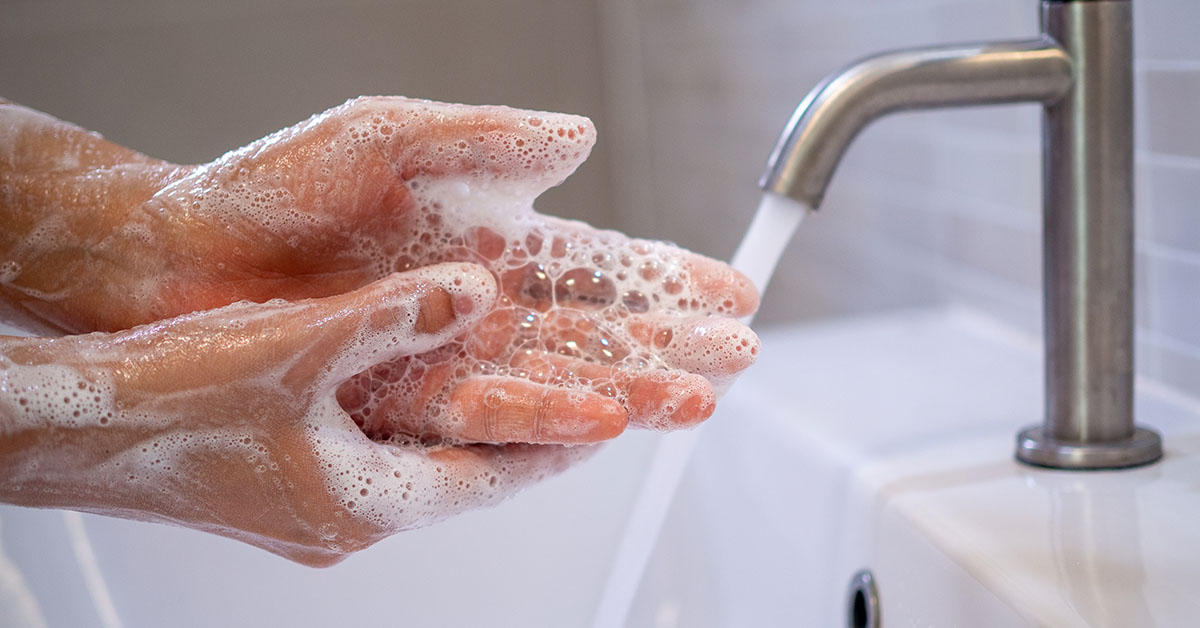During the height of Covid, everyone was frequently washing their hands, and sanitizing them and every surface we encountered. While that might have been a bit much, there are many reasons to have good hygiene, including maintaining good physical health. Here are 10 things you should always wash your hands after touching.
1. Always Wash Your Hands After Touching Money
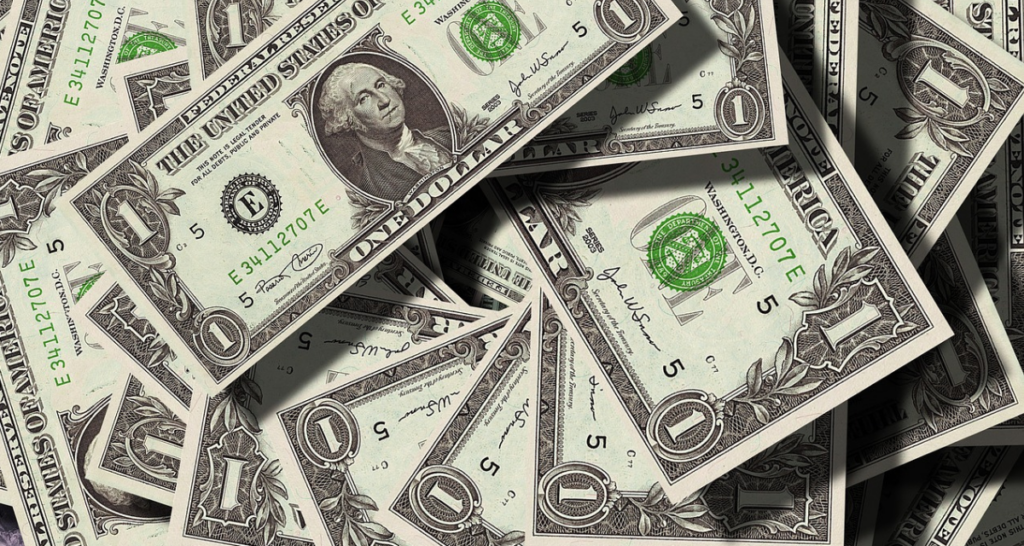
This is a no-brainer as money circulates seemingly endlessly. That means it’s been several places, picking up dirt and bacteria along the way. For example, researchers tested $1 bills from a New York City bank, and their findings were rather unpleasant. Apparently, traces of oral and vaginal bacteria, DNA from pets E. coli, and salmonella were discovered on cash and coins. As such, you never know where money has been so it’s always a good idea to wash your hands after touching money.
2. Wash Your Hands After Touching Door Knobs
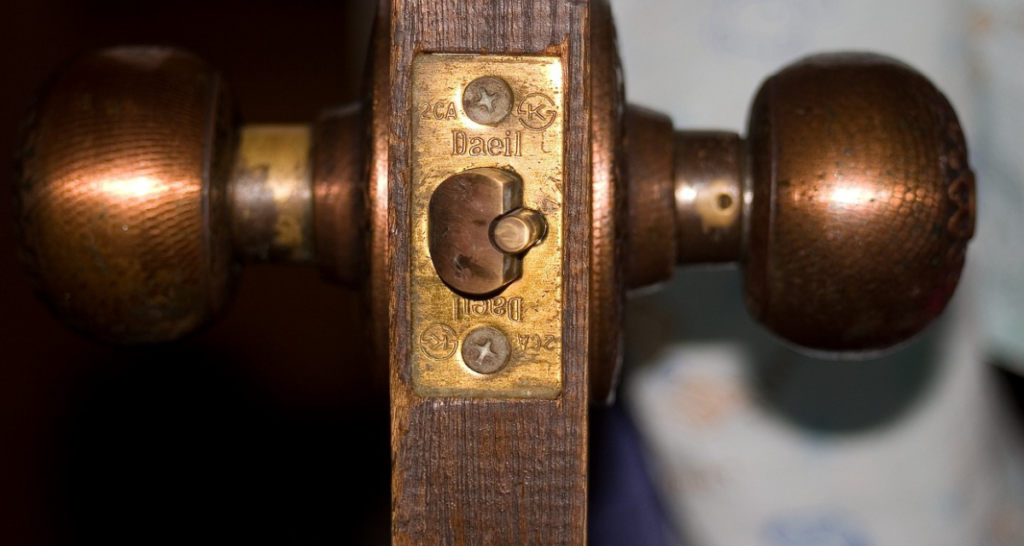
Surfaces like door knobs and handrails are touched by hundreds, if not thousands, of hands in a day. Germs can sit on surfaces and spread through contact. Therefore, you should always wash your hands after touching door knobs. This advice extends to handrails also. Interestingly, copper is antimicrobial so, it can make a great door knob option for use in a home with germaphobes.
3. Wash Your Hands After Touching Animals

Although an encounter with an animal is an incredible experience, they have various germs that can cause detriment to humans and their health. As such, you should always wash your hands after touching an animal. This extends to handling food or bodily fluids as well.
Conversely, we carry germs that can be harmful to animals, so, it’s a good idea to wash your hands before you touch them, too.
4. Restaurant Menus
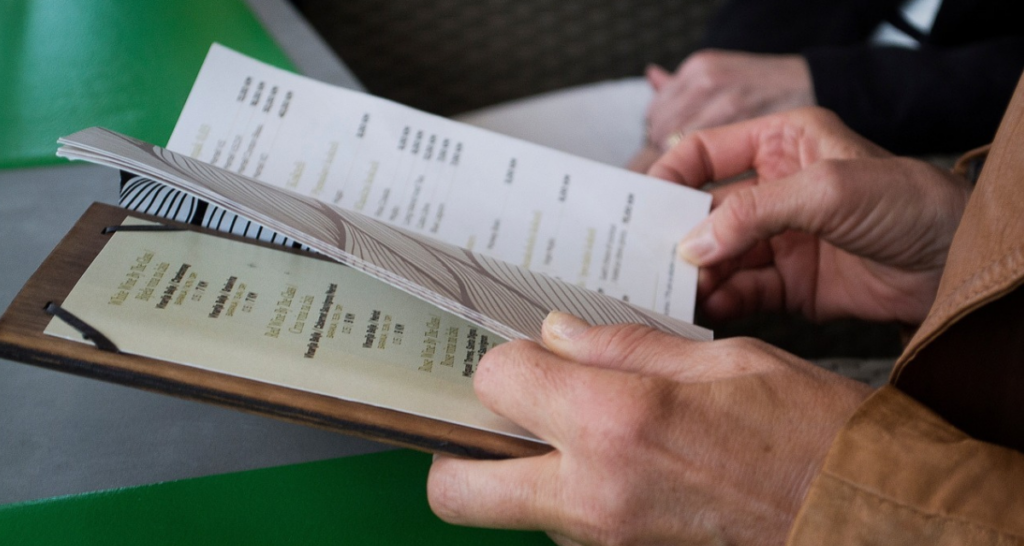
Like door knobs, restaurant menus pass through numerous hands in a day and likely aren’t sanitized between each diner. Researchers at the University of Arizona found that menus had around 185,000 bacterial organisms. Therefore, you should always wash your hands after touching a restaurant menu.
5. Wash Your Hands Before and After
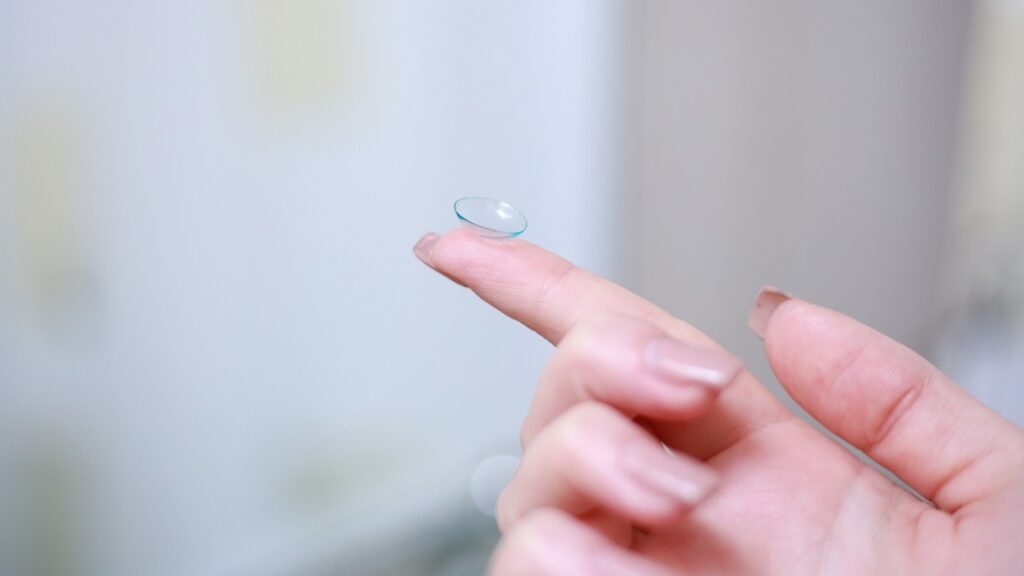
You should always wash your hands before and after putting in contact lenses because eyes are another way for germs to infiltrate the immune system.
Read More: Why Children Need Microbes to Develop Immunity
6. General Meals
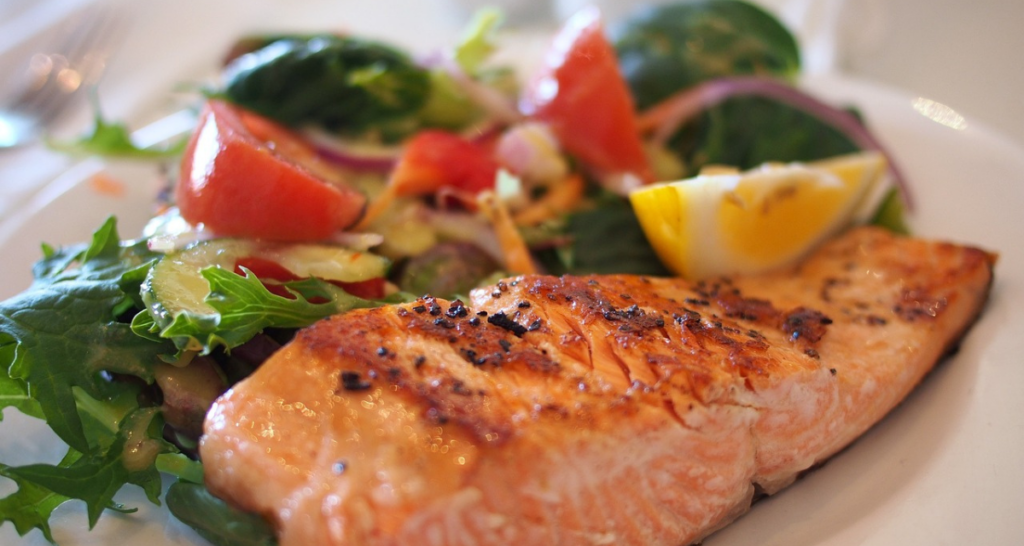
Most people know that handling raw meat can cause illnesses but the same is true of any food. That’s because touching food with dirty hands contaminates it and you risk passing germs from your hands to the food, then introducing them to your body. Moreover, some meats, fruits, and vegetables have been known to carry E. coli or salmonella. However, you can help prevent the spread of illness, when you wash your hands before and after.
7. Touchscreens
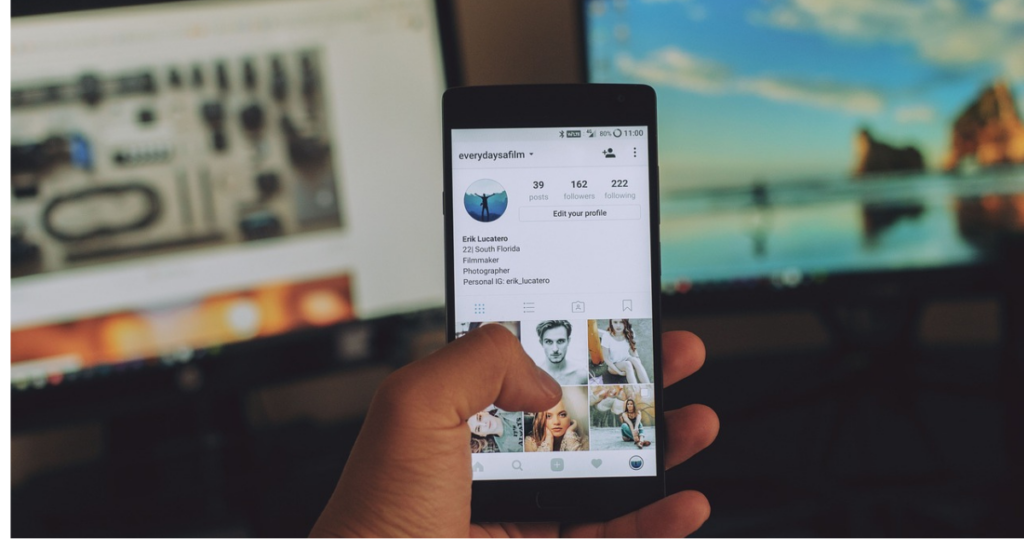
Phones, tablets, and computers are some of the most used items in people’s homes. As a result, they are teeming with illness-causing bacteria. Moreover, public or shared electronics carry germs from countless individuals, all with various hygiene standards.
8. Kitchen Sponges or Used Dish Rags
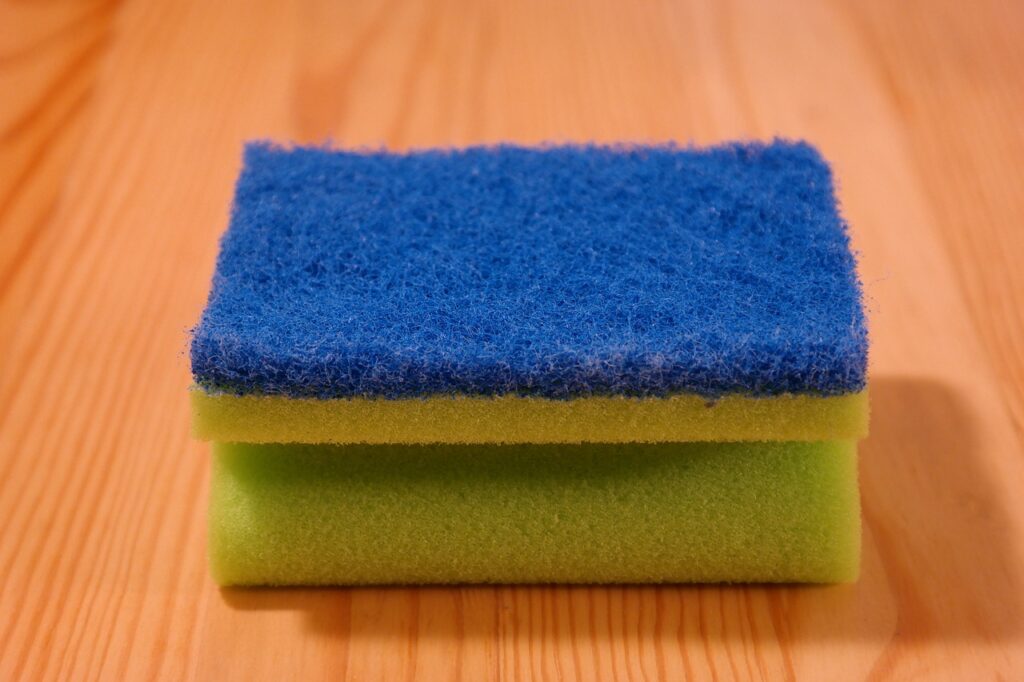
Kitchen sponges are great assistants in cutting through tough grease and grime. However, their porous texture holds on to moisture and bacteria left behind by food. Not only should they be replaced, but you should also wash your hands after handling an old, wet, or dirty sponge.
Similarly, kitchen towels and dish rags should be washed regularly to minimize the spread of germs. Meanwhile, you should wash your hands and dry them with a fresh towel after touching a kitchen towel that has been used multiple times, or a dish rag because they also harbor illness-causing bacteria.
9. Wash Your Hands When You Touch Medication
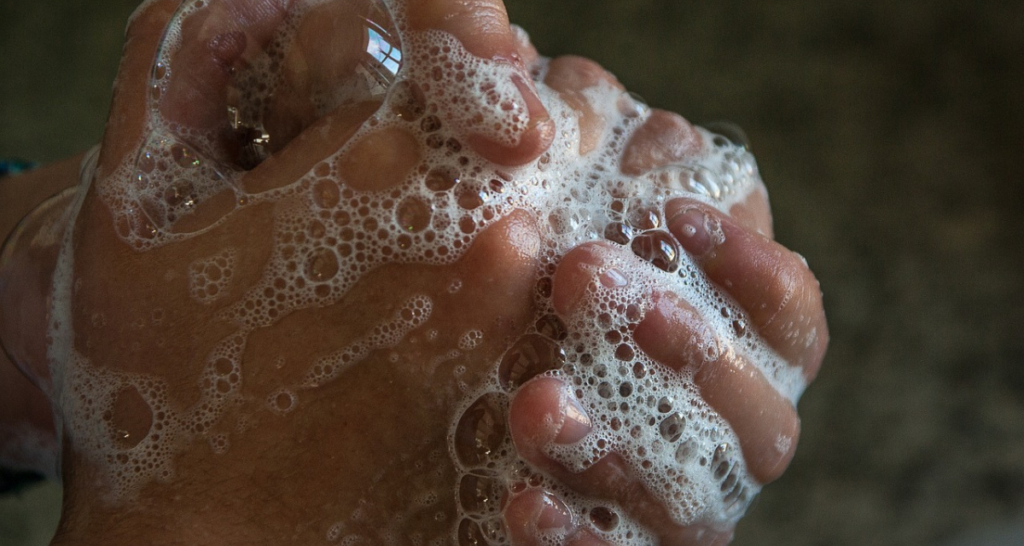
Some medications can be dangerous to those who weren’t given the prescription. Therefore, if you’re handling someone else’s medication or your own, you should wash your hands afterward to ensure any dangerous residue has been removed. Note, it’s also a good idea to wash your hands before, to avoid spreading illness-causing bacteria.
10. Help Clean a Wound
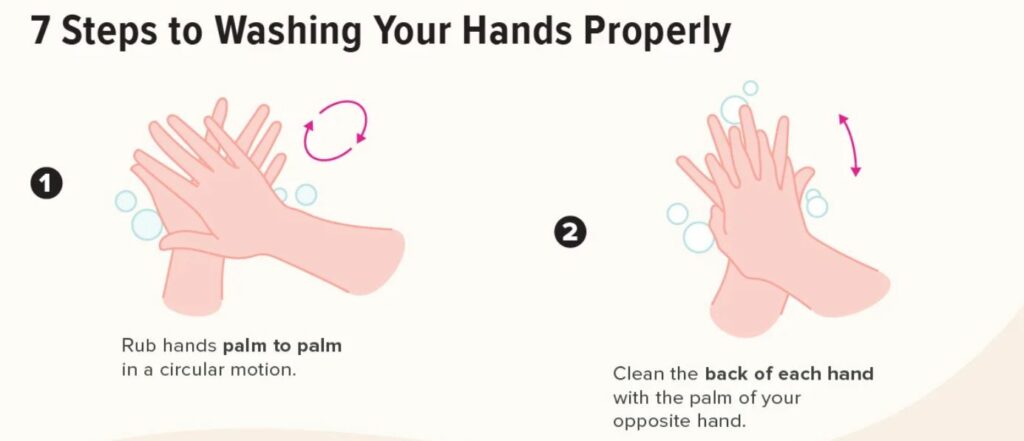
Although gloves and PPE are ideal for helping someone clean and bandage a wound, they aren’t always available, and for small wounds may seem like overkill. Regardless, you should always wash your hands before and after to minimize the spread of germs or infectious diseases.
Proper Care
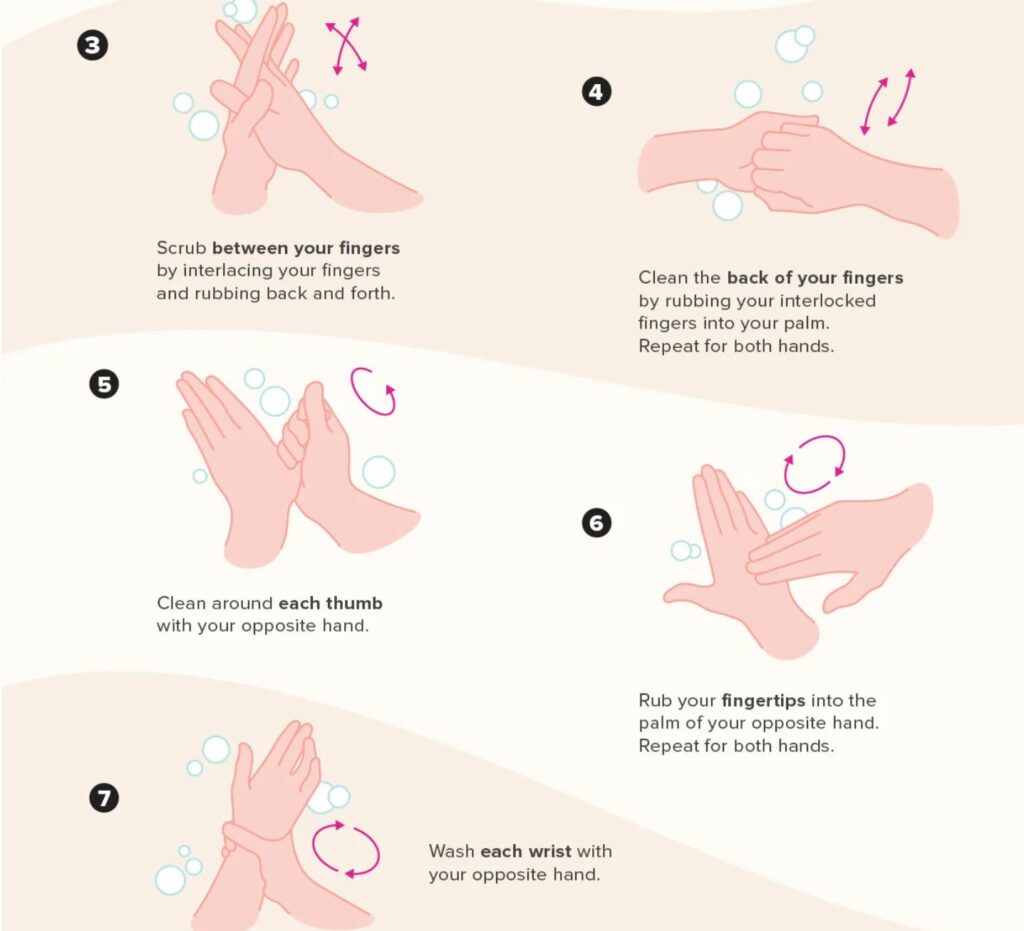
It isn’t enough to wash your hands because doing so improperly can cause a wider spread of germs, if not expose you to new bacteria. Here’s how to do so, according to Healthline:
- Wet your hands with clean — preferably running — water.
- Apply enough soap to cover all surfaces of your hands and wrists.
- Lather and rub your hands together briskly and thoroughly. Make sure to scrub all surfaces of your hands, fingertips, fingernails, and wrists.
- Scrub your hands and wrists for at least 20 seconds.
- Rinse your hands and wrists under clean — preferably running — water.
- Dry your hands and wrists with a clean towel, or let them air dry.
- Use a towel to turn off the faucet.
Most people are taught as young children the importance of good hygiene such as washing your hands or brushing your teeth. However, germs are everywhere, particularly in commonly used and shared public spaces. Fortunately, you can be hypervigilant in protecting yourself and others by using good hygiene practices like properly washing your hands.
Read More: Disturbing video shows what happens if you don’t close your toilet lid before flushing
Sources
- “Handwashing Do’s and Don’ts.” Mayo Clinic
- “Wash Your Hands Immediately After Touching These 10 Things.” MSN. Emily DiNuzzo
- “7 Steps to Washing Your Hands Properly.” Healthline. Leilani Fraley.
